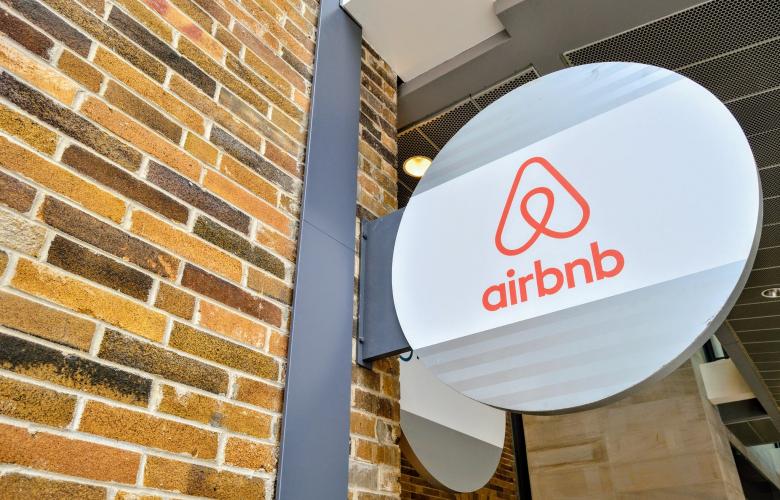Very important information to read:
This article is intended as a preliminary guide only and refers to some but not all elements required to consider in detail prior to starting any property dealings or due diligence. Property dealings are often complex, especially in foreign countries and we highly recommend you seek independent professional advice... read more... More than 60,000 private properties in Japan have been listed on Airbnb. However, it's uncertain how many — if any — of these will remain after June 15th this year.
The country's minpaku homesharing law, which comes into effect on that date, was passed last year to formally legalise, and provide a framework for, the burgeoning private accommodation industry driven by global players like Airbnb. While the legislation was expected to make it easier for short-term lessors to operate, facilitating growth in the run-up to the 2019 Rugby World Cup and 2020 Tokyo Olympics, there is deepening concern that it will result in just the opposite.
Under the law, hosts using Airbnb and other platforms are required to register their rental offerings with the government — a process that, for many, is proving prohibitively complex.
Official information is available only in Japanese, and reports from those who have submitted applications to the land ministry suggest that it is a time-consuming task involving a substantial amount of paperwork. Permission must be sought from property owners or landlords, strict health and safety requirements met, and a site visit conducted, among other steps.
Upon the successful registration of a rental property, the host receives a notification number which, in the case of Airbnb, must be added to their profile. Each listing needs its own notification number. According to the Airbnb website, if the critical digits aren't up by the June 15th deadline, listings will be deactivated and cancellations (including refunds) may need to be made.
Assuming that a host receives their notification number in time, they will, in principle, be free to continue renting out their property as long as they cap it at 180 nights a year and comply with specific restrictions that may be put in place by their local government. Examples include the prohibition of weekday rentals in Tokyo's Chuo and Shinjuku wards, and the limiting of homesharing to the period between mid-January and mid-March in residential areas of Kyoto. Shibuya in Tokyo is also reportedly restricting rentals in its residential suburbs to school holiday periods.
But the rules and regulations don't end there. With the apparent exception of lodgings that offer farming experience, hosts will be required to submit reports every couple of months, detailing the number and nationality of their guests. Passport numbers are included as part of this.
The penalties for operating without registering or complying with the laws are harsh: violators could face suspension at best, and, at worst, a fine of up to JPY 1 million or six months in prison.
Though hosts have been able to submit applications for registration, online or in person, since March 15th, anecdotal reports suggest that approvals have been slow, few and far between thus far. This is fuelling concern that the number of Airbnb and similar listings will plummet in the second half of the year, particularly those hosted by non-Japanese, chilling an industry that could stand both to serve, and benefit from, Japan's booming tourism market. Last year (2017) saw close to 29 million international visitors, with the country on track to host 40 million in 2020.
An alternative route to registering under the minpaku law, though involving a similar number of bureaucractic hoops, is for hosts to apply for a hotel licence instead, and continue to be listed on Airbnb and the like this way. However, this is not a possibility for the average short-term lessor.
By Carey Finn
Similar to this:
Airbnb in Japan: How legal is it?
Japan welcomes short-stay accommodation groups like Airbnb
Daiwa to build 3,000 short-term apartments across Japan in time for Olympics
Very important information to read:
This article and the above linked articles are not complete and are intended as preliminary guides only. These guides refer to some elements to consider prior to starting any property dealings or due diligence. Property dealings are often complex areas, especially in foreign countries and we highly recommend you seek independent professional advice... read more... 




